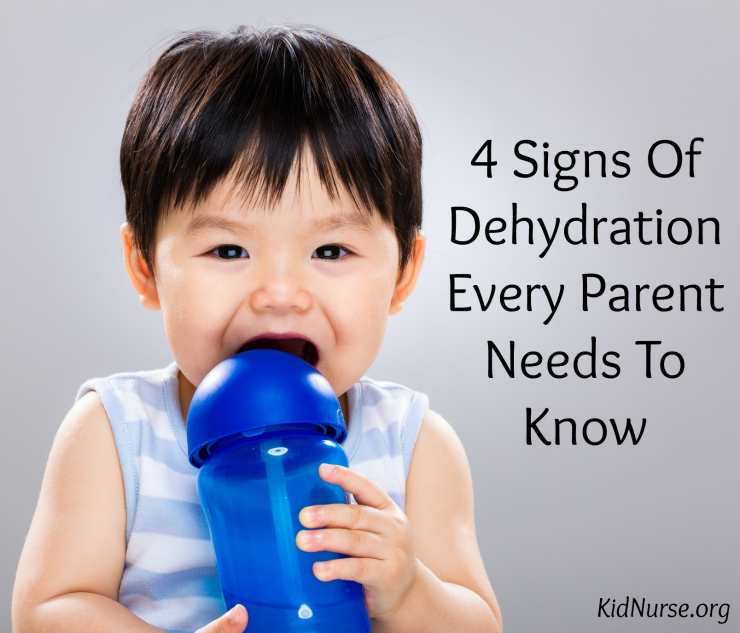4 Signs Of Dehydration Every Parent Needs To Know
May 5, 2015
Ladies and gentlemen, I’ve dealt with more vomiting and diarrhea the past 2-3 weeks than I would like to describe… or smell. While my job isn’t always glamorous, I really do love it. Truly, every parent knows there are few things sadder than watching your child experience vomiting, diarrhea, or dehydration. My little patients have been dealing with a boat-load of gastroenteritis, otherwise known as the notorious stomach flu. In my recent discussions with an adorable little 5 year old, she described the inevitable dilemma of going through both of those awful things at, you guessed it, the exact same time. Bless her heart, I think the poor child is still traumatized.
When that nasty stomach flu hits, bad food gets the best of your child, or the plain-ole’ no warning vomiting and/or diarrhea starts up, the concern I hear from parents most frequently is how do I know if my child is getting dehydrated? This concern is rightfully so, because dehydration should be on the forefront of a parent’s mind when it comes your child losing fluids, whether it’s up one end or out the other. For lack of better description.
So how can you know if your child is getting dehydrated?

4 Signs Of Dehydration Every Parent Needs To Know
- Most importantly, monitor your child’s urine output. How frequently is your child urinating? If your child has not urinated in 6-8 hours, very simply, it’s time for an asap trip to your pediatric health provider or emergency room. After 6-8 hours without urinating, most children will need rehydrated with IV fluids.
- How tired is your child? I’m not talking about their typical nap time tiredness. Dehydrated children are very lethargic. They don’t want to move around and they are typically uninterested in anything. If your child is extremely tired and wanting to sleep constantly, take him or her in to be evaluated.
- Monitor your child’s tears. Does he or she have wet tears and glassy eyes? Or is his or her eyes dull and tearless? Tears are an important measurement of children’s hydration.
- Follow the drool. Especially for babies, can they still slobber all over you? If so, they probably aren’t dehydrated. However, if kids have no saliva and a very dry mouth, go visit your pediatric health provider.
BONUS: I made an easy-to-read chart that describes the signs of mild, moderate, or severe dehydration in children that I think all parents should have. Download it for free right here!
And here’s one more tidbit of advice… please, please make your child drink water! Period. Whether they want to or not. Even if drinking water causes vomiting, still make them drink small sips of water frequently. The only way to keep a child from dehydration is filling them up with fluids.
If you ever have concerns about whether your child is dehydrated or not, it is always best to call your pediatric health provider and ask. Go with your mommy instincts and never be afraid to ask questions.
So keep up the good work promoting hydration! If this post describes your situation right now, I wish you well with your multiple loads of laundry, constant containment of infectious body fluids, and I hope your little one feels better soon!